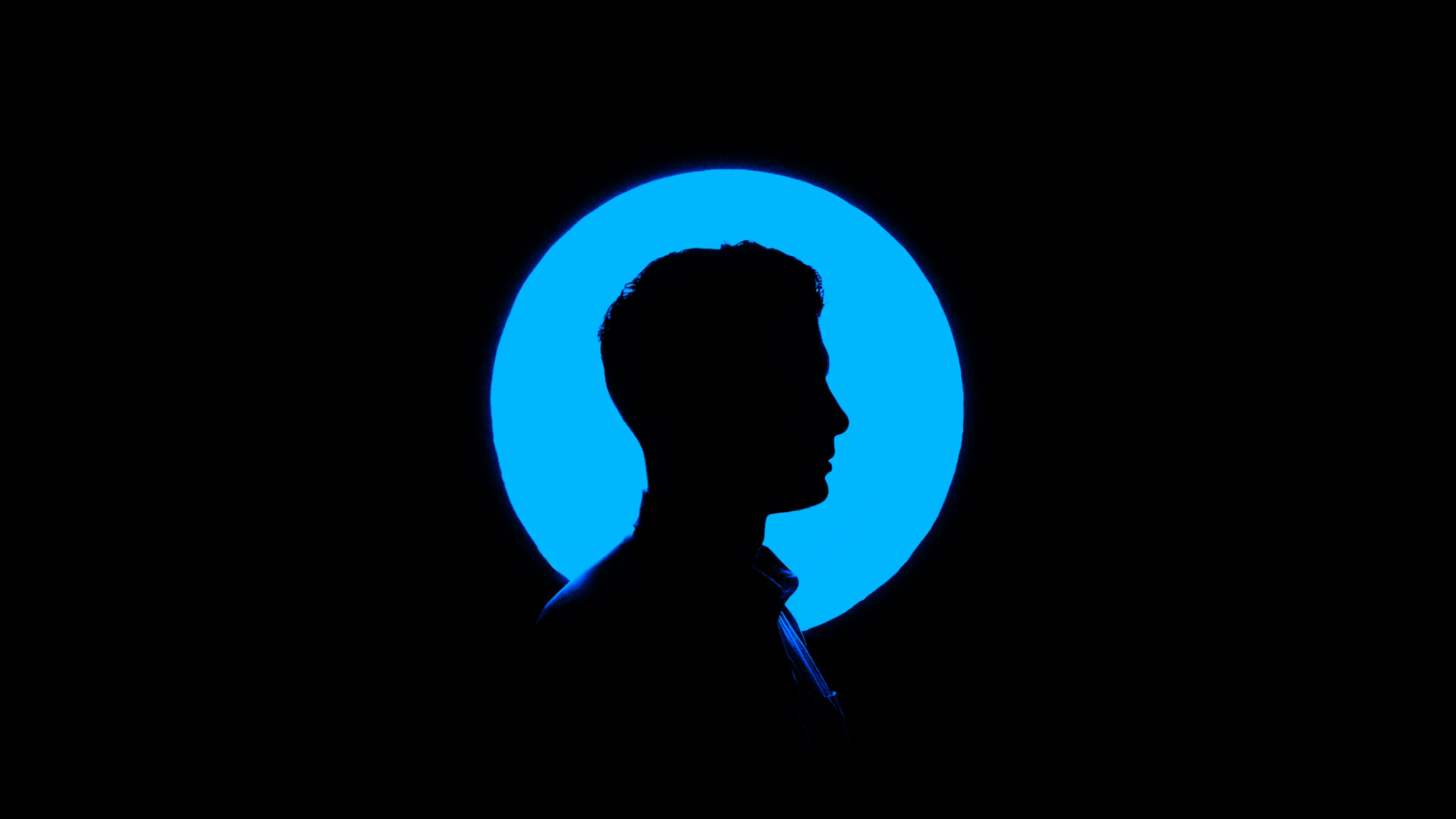The root of hair loss: DHT
Posted on:
23/07/2024, 12:00 ص
Updated on:
20/09/2024, 12:00 ص
Hair loss is a common issue affecting millions of men worldwide, and understanding its root cause is essential for effective treatment. One of the primary culprits behind male pattern baldness is Dihydrotestosterone, or DHT. In this post, we'll explore what DHT is, how it contributes to hair loss, and what you can do to combat its effects.
What is DHT?
Dihydrotestosterone (DHT) is an androgen, a hormone that plays a significant role in the development of male characteristics. It is derived from testosterone through the action of the enzyme 5-alpha-reductase. While DHT is essential for the development of male features during puberty, it can be detrimental to hair follicles in adulthood.
How DHT Causes Hair Loss
DHT binds to receptors in hair follicles, causing them to shrink in a process known as miniaturization. This process shortens the hair growth cycle, resulting in thinner, shorter hairs and eventually, the cessation of hair growth altogether. The sensitivity of hair follicles to DHT varies among individuals, which is why some men experience more significant hair loss than others.
Key Points:
Follicle Miniaturization: DHT causes hair follicles to shrink, leading to thinner and weaker hair.
Shortened Growth Cycle: The presence of DHT shortens the anagen (growth) phase of the hair cycle.
Genetic Predisposition: The sensitivity of hair follicles to DHT is often inherited, explaining why male pattern baldness runs in families.
Preventing and Treating DHT-Related Hair Loss
Several strategies can help mitigate the effects of DHT on hair follicles:
DHT Blockers: These are medications or natural supplements designed to inhibit the production or action of DHT. Common pharmaceutical DHT blockers include finasteride (Propecia) and dutasteride (Avodart). Natural DHT blockers include saw palmetto, pumpkin seed oil, and green tea extract.
Topical Treatments: Minoxidil (Rogaine) is a well-known topical treatment that can help stimulate hair growth, although it does not directly affect DHT levels. Combining topical treatments with DHT blockers can enhance effectiveness.
Lifestyle Changes: Maintaining a healthy diet, managing stress, and avoiding hair-damaging habits can support overall hair health and potentially reduce the impact of DHT.
Professional Treatments: Laser therapy, microneedling, and PRP (Platelet-Rich Plasma) therapy are professional treatments that can stimulate hair growth and improve hair density.
By targeting DHT through various treatments and lifestyle changes, you can take proactive steps to preserve your hair and boost your confidence. At Better, we are dedicated to providing personalized solutions to help you combat hair loss and achieve optimal hair health.
Want to read more?












